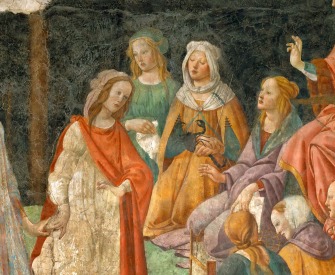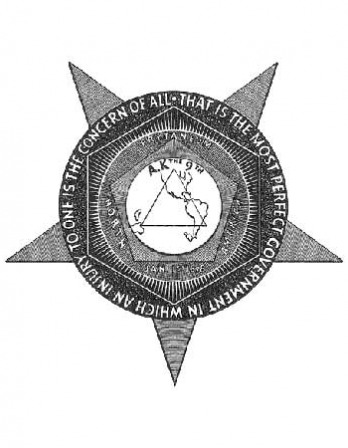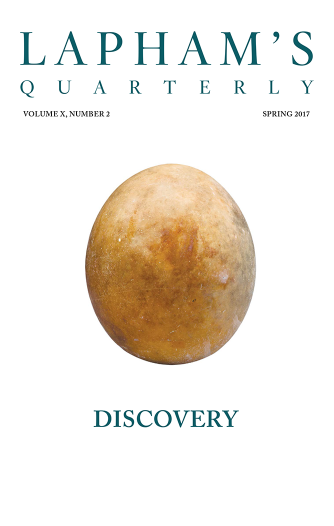The American people having derived their origin from many other nations, and the Declaration of National Independence being entirely based on the great principle of human equality, these facts demonstrate at once our disconnected position as regards any other nation—that we have, in reality, but little connection with the past history of any of them, and still less with all antiquity, its glories or its crimes. On the contrary, our national birth was the beginning of a new history, the formation and progress of an untried political system, which separates us from the past and connects us with the future only; and so far as regards the entire development of the natural rights of man, in moral, political, and national life, we may confidently assume that our country is destined to be the great nation of futurity.
It is so destined, because the principle upon which a nation is organized fixes its destiny, and that of equality is perfect, is universal. It presides in all the operations of the physical world, and it is also the conscious law of the soul—the self-evident dictate of morality which accurately defines the duty of man to man and consequently man’s rights as man. Besides, the truthful annals of any nation furnish abundant evidence that its happiness, its greatness, its duration, were always proportionate to the democratic equality in its system of government.
The far-reaching, the boundless future will be the era of American greatness. In its magnificent domain of space and time, the nation of many nations is destined to manifest to mankind the excellence of divine principles, to establish on earth the noblest temple ever dedicated to the worship of the Most High—the Sacred and the True. Its floor shall be a hemisphere—its roof the firmament of the star-studded heavens, and its congregation a union of many republics, comprising hundreds of happy millions, calling, owning no man master, but governed by God’s natural and moral law of equality, the law of brotherhood—of “peace and good will among men.”
From “The Great Nation of Futurity.” Having written this editorial at the age of twenty-six, O’Sullivan in 1845 published an essay calling for the annexation of Texas, in which he stated it would be “the fulfillment of our manifest destiny to overspread the continent allotted by Providence.” Politicians quickly adopted the phrase, which became the succinct distillation of public policy during U.S. expansion into Oregon, New Mexico, and California.
Back to Issue





